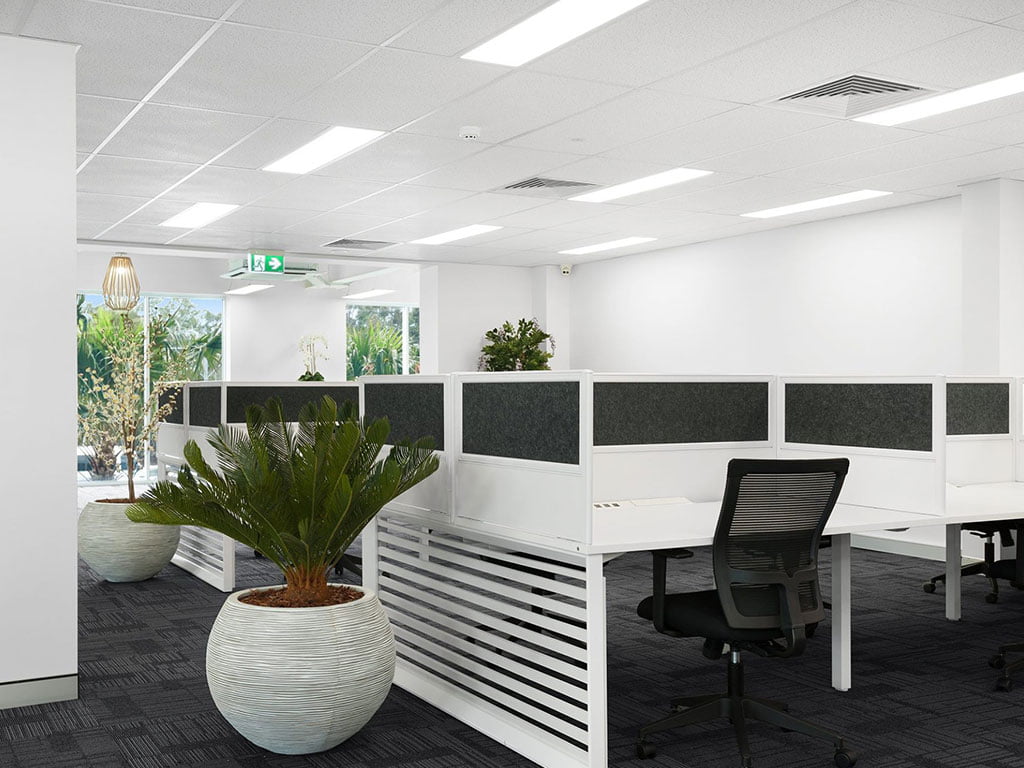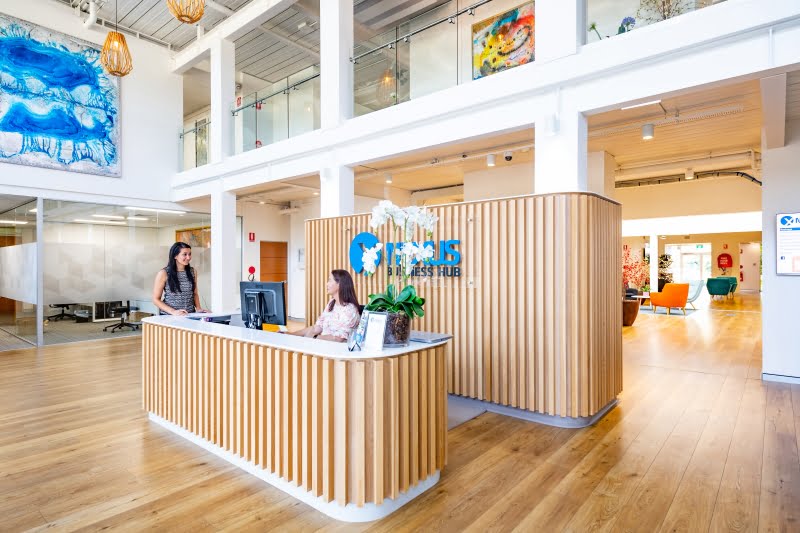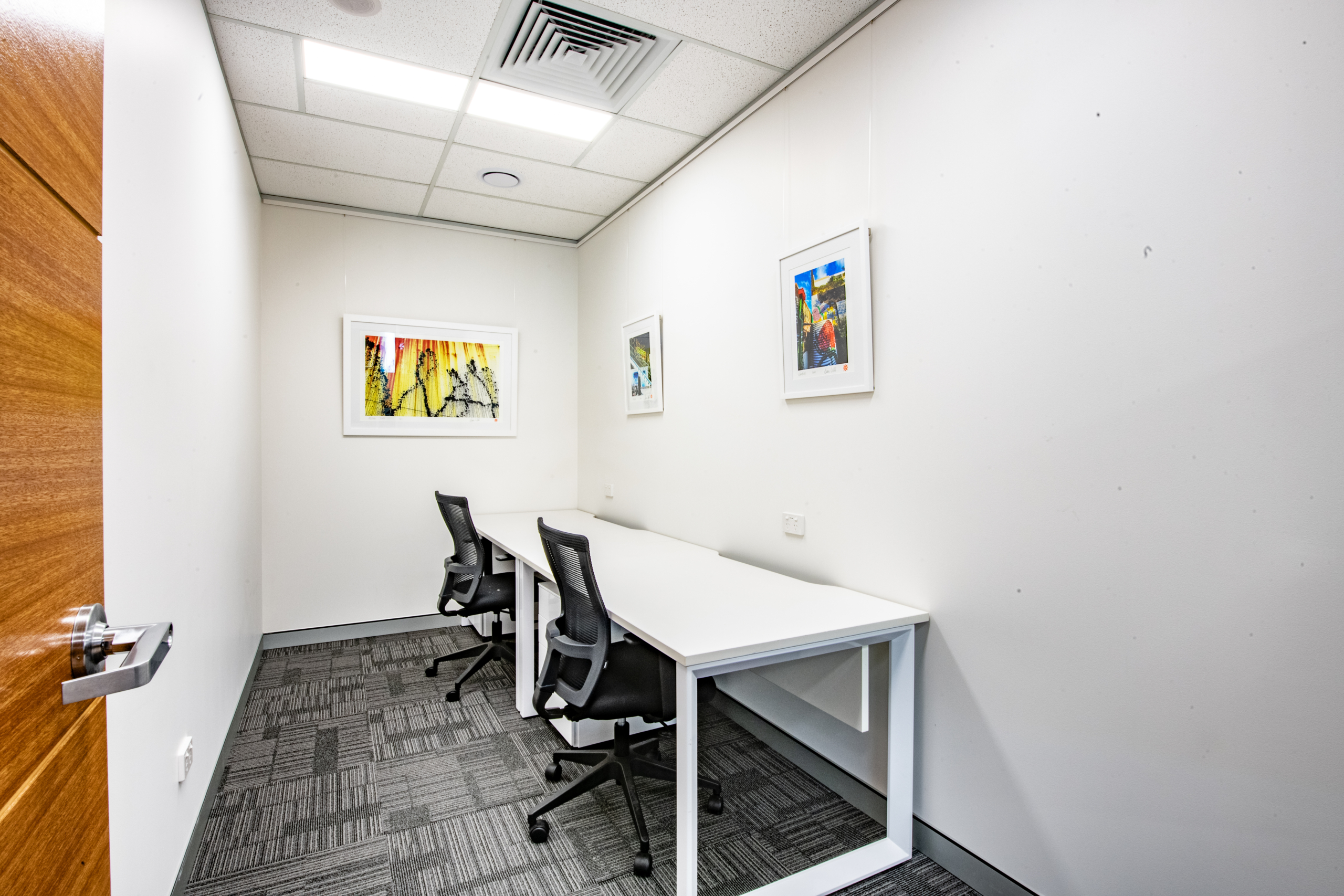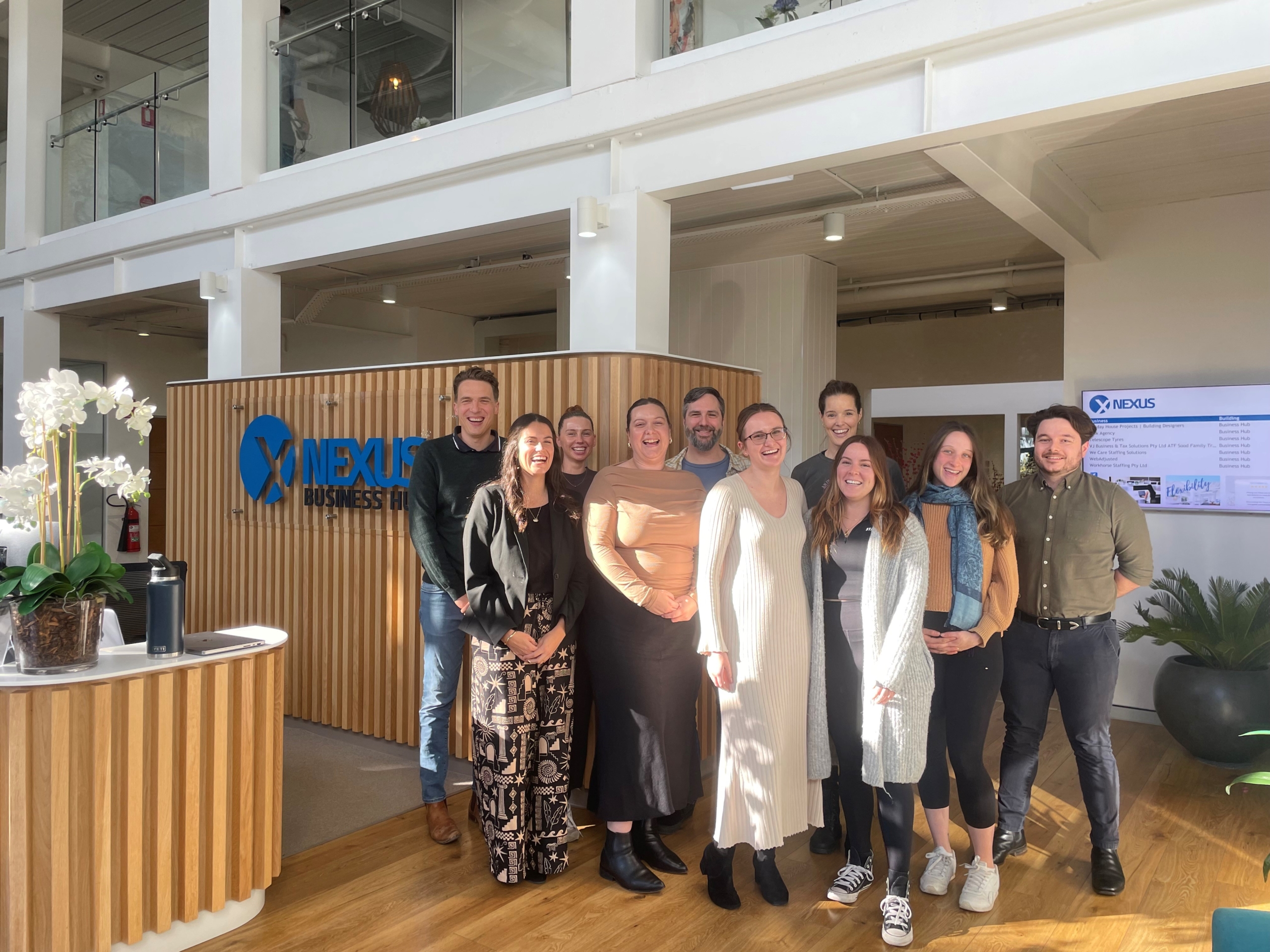THE ANNUAL IWG GLOBAL WORKSPACE SURVEY.
WELCOME TO GENERATION FLEX – THE EMPLOYEE POWER SHIFT.
GLOBAL RESEARCH REVEALS FLEXIBLE WORKING MATTERS TO EMPLOYEES
At the start of 2019, we gathered the opinions of more than 15,000 business people across over 100 nations. We asked them about the key drivers for flexible working, how it’s being used by international businesses, and what perceived obstacles to introducing and increasing it still remain. The results show there’s a major power shift towards the employee – they now have more input on how they work, and where they work. And businesses that understand this see boosted productivity, higher talent retention, and greater agility.
Download the report now to see the full results, and discover why flexible working is no longer a perk, but an essential for modern success.
WHAT HAS GOT US TO THIS POINT?
1. DIGITALISATION AND NEW TECHNOLOGIES ARE CHANGING HOW PEOPLE WORK
The rapid acceleration of technology has changed what’s possible. Within two years, 80 per cent of the world’s population will own a smartphone. The cloud has grown exponentially. Artificial intelligence, automation, virtual and augmented reality are not futuristic technologies. They are here today in our homes and cars, in our pockets, on our wrists, and enabling us to work differently than we did before. Put simply, it’s now increasingly easy for a person to plug in and work from anywhere.

2. PEOPLE WANT THE PERSONAL PRODUCTIVITY GAINS
Workers are increasingly aware of the new ways of working that shifts in technology are bringing — particularly those digital natives who have grown up with this technology and whose expectations are less shackled by what was possible before. They know they can work anywhere, and they also know that they can work in different ways that suit them and their lifestyles. This means that they appreciate flexibility. Why should they commute for two hours or more each day? Why should they have to work in cities if they prefer the countryside? They want to work for a business within which they can experience the benefits of a collaborative community, wherever they are, without wasting hours of their day.

3. BUSINESSES CAN BENEFIT, FINANCIALLY AND STRATEGICALLY
Third, businesses are increasingly aware of this and they know that a smart strategy on flexible working can help them to secure the best talent. That’s an advantage in a competitive world. But what businesses also increasingly understand are the financial and strategic advantages a flexible workspace strategy brings. A flexible workspace approach cuts real estate costs and allows businesses to concentrate on their core business, rather than being forced into also becoming a real estate business.
This allows large businesses to become nimble. A business can move people into a new market quickly and take them out again when required. They can move their people closer to their suppliers. They can do all of this without committing to long leases and expensive relocation costs.
80%
said when faced with two
similar employment offers, they
would turn down the one that
didn’t offer flexible working.
50%
of employees globally are
working outside of their
main office headquarters for
at least 2.5 days a week.
85%
confirm that productivity has
increased in their business as
a result of greater flexibility.
65%
of businesses say flexible
workspace reduce CapEx/OpEx,
help manage risk and consolidate
their portfolio.






